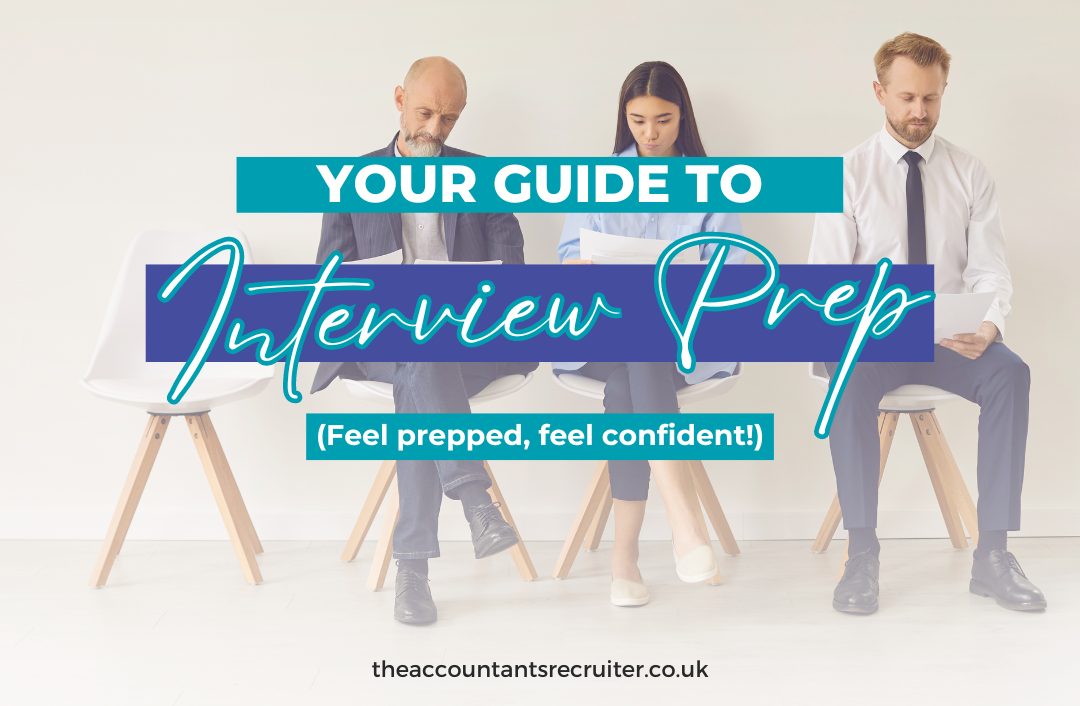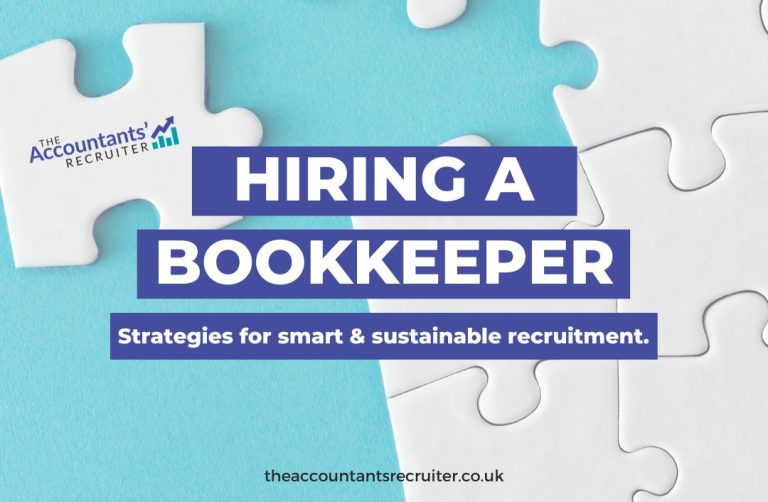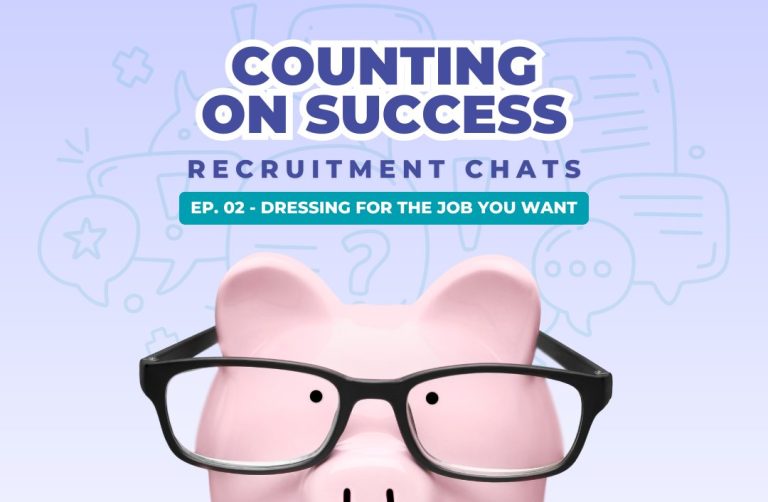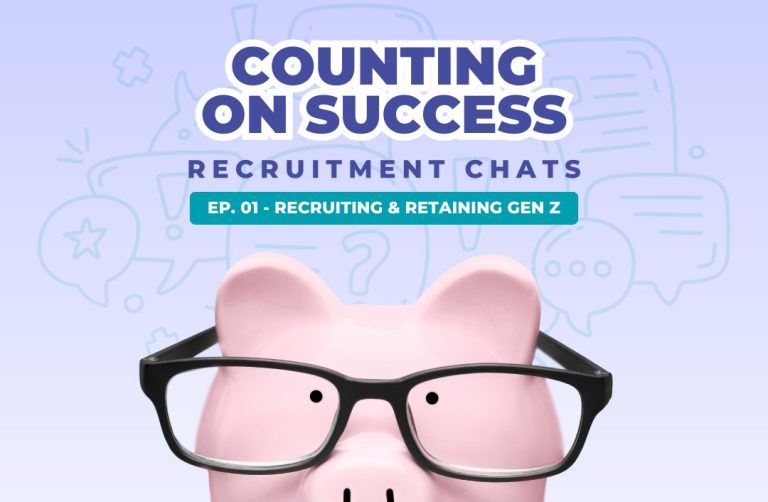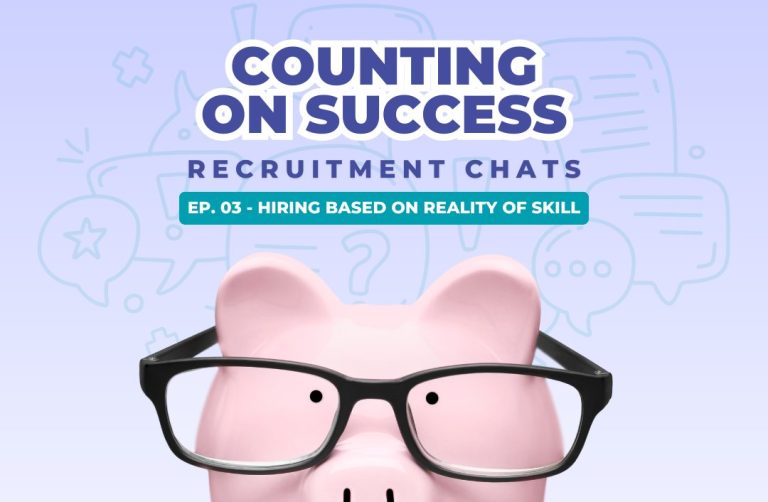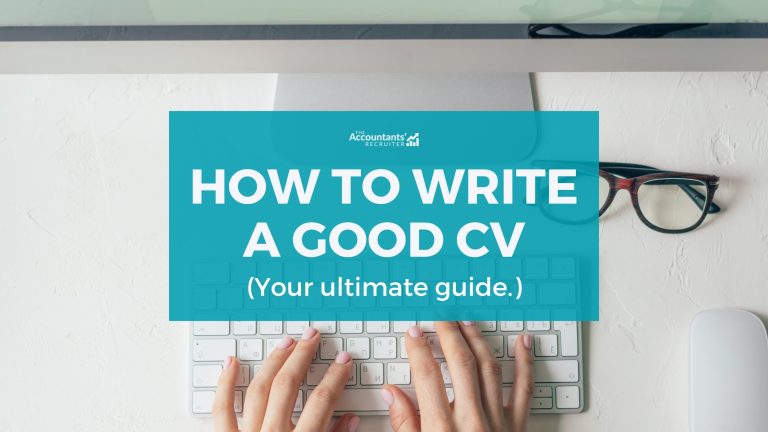Your Guide to Job Interview Preparation
Congratulations, you’ve secured that interview! We know you must feel both excited and nervous, which is completely natural. That is why you need to be as prepared as possible. Preparation will help you feel comfortable and confident during an interview, contributing hugely to your potential success. To support you on the next step of your career journey, here are some top interview tips.
PREPARATION IS KEY
Recent studies have revealed that over 80% of candidates do little or no preparation before an interview. While this is up to you as an individual, your likelihood of interview success and making a good impression is far more likely if you’ve done everything possible to better your chances. By following the tips below, we hope you find yourself feeling more confident, and have a more positive interview experience than if you were to take no time to prepare.
RESEARCH THE FIRM
- Visit the company website and LinkedIn page to find out key information: company values, news, types of clients, services offered, etc.
- Larger companies may have press releases, but you can also conduct a web search for info on specialist areas and other useful tidbits.
- If you have time, contact the company’s marketing department for up-to-date literature. This can generally also be found on their website.
- If you have never been to the organisation’s office or area before, be sure to consult Google maps and perhaps try a ‘practice run’ so that you are confident when travelling there on the day of the interview.
KNOW YOUR CV & THE JOB SPEC
- Know your CV inside out. Be ready to expand on your education and career decisions and experience. Be confident in sharing your key achievements.
- Prepare a brief career overview in response to that popular kick-off question of ‘tell me something about yourself’.
- Review the job description and consider questions you might be asked.
- Practise your responses. Examples of frequently asked interview questions are on pages 3 and 4 of this pdf.
- Be ready with plenty of examples to illustrate your skills and how you could contribute to the company in the role you’ve applied for.
- Think about questions you would like to ask. Questions that invite thought and comment are more memorable to the interviewer than those that request specific details. This is also an excellent opportunity to illustrate your understanding of the firm.
RESEARCH THE INTERVIEW PROCESS
Find out the format of the interview process:
- How many interviews will there be? Who will conduct the interviews? What is their position?
- Does the firm carry out skill and behavioural testing?
- If the interview is virtual, what platform does the company use? (This will generally be shared in a diary invite.)
THE DAY OF THE INTERVIEW
- Make sure you know where the interview is taking place and allow yourself plenty of time to get there.
- If you are going to be late, call your recruiter or the firm and let them know.
- Make sure you know roughly how long the interview will last (you don’t want to fret about your next meeting!). Most interviews will now be confirmed with a diary invite so you can plan accordingly.
- Arrive a little early for the interview. Ten minutes spent in the reception will give you time to collect your thoughts, check your appearance, as well as a chance to read any company literature. Listening to the receptionist and watching the comings and goings can also provide valuable insights into the type of firm you might be joining.
- If the interview is virtual, make sure you have a buffer of at least 15 minutes on either side to ensure enough time to compose yourself, make sure the meeting link works and in case the call runs over.
PRESENTATION
- Always dress to impress. You never get another chance to make a first impression. Get a second opinion and check that your choice of interview wear creates the right impact.
- Look in the mirror and check your posture. Relaxed shoulders present an open and confident manner.
- A strong but not overbearing handshake and a natural smile complete the positive picture. You want your interviewer to think you are likeable and friendly immediately.
- Have some additional copies of your CV with you.
Not sure what to wear? Not to worry! Click here for the Counting On Success podcast episode with special guest, stylist Samantha Harman. Have a listen for tips on dressing for the role you want and interview outfit etiquette.
PERFORMANCE
The interview is the forum within which you will need to answer these questions:
- Do you have the technical skills and experience to do the job?
- Will you have the right attitude and commitment to do the job?
- What is the company culture like?
- Will you fit in and thrive?
ATTITUDE & COMMITMENT
It is all very well having the technical ability, but this is meaningless unless matched with application and the drive and desire to succeed in the role. Give practical examples of how you have shown commitment and motivation in the past.
Will you fit in? No company is the same. One person’s dynamic and exciting environment may seem competitive and negative to another.
Your opinion matters. A company’s literature and your interviewer will provide clues on how to convey the impression that you will fit in. However, bear this in mind before accepting a position: you must believe that you really will fit in. If the firm’s culture is very different from your own, it is unlikely you will besuccessful.
OTHER USEFUL TIPS
- Be clear and concise, and always use positive language. You are in control of what you want your interviewer to know, so take responsibility for answering questions in a fashion that allows you to shine in the best light.
- If you tend to fidget, keep your hands apart and do not hold a pen or copy of your CV.
- Practise a comfortable sitting position with good posture beforehand.
- Be aware of your voice. Pace, tone and intonation all contribute to your success in an interview. If the role demands energy and enthusiasm, show some!
- If you are being interviewed by more than one person, engage the whole panel when responding.
- Although you have thought about the salary side of things, always allow your interviewer to initiate discussions. This often will not occur during the first interview.
- Negotiate as late as possible: you will have the most influence when the hiring manager wants you.
- Even if doubts are setting in, always remain positive throughout the interview.
- There will be time to discuss concerns later. You want to be able to make the final decision.
- At the end of the interview, always be positive if asked about your interest in the job.
- It is worth making notes immediately afterwards on what you thought went well, what did not and what you would do differently next time. Experience always enhances performance, so make the most of the meeting.
- Finally, follow up with a brief thank you email, reiterating your interest in the position. If you have any additional information, which might help the company decide in your favour, offer it here. While a written letter is considered more personal, the post doesn’t move as quickly as some hiring processes.
FREQUENTLY ASKED INTERVIEW QUESTIONS (FAQS)
- Tell me something about yourself.
- What brings you to the job market at this point in your career?
- Why would you like to work for this company in particular?
- What attracted you to this role?
- What are your key strengths and weaknesses?
- Describe two major achievements in your career.
- If you could change anything about your career so far, what would it be?
- How would members of your team describe you?
- What important points came out of your last appraisal?
- Describe your management style.
- What do you look for in a manager?
- Describe your toughest client.
- What do you want from your next role and what does success mean to you?
- What are the key things that drive or motivate you?
- What really winds you up in the workplace?
- Describe your greatest challenge so far.
- Describe a difficult work scenario and how you managed it.
- Where do you see yourself in two to five years' time?
- What are your career aspirations? What would you say about your current and last employers?
- Describe your preferred company culture.
- If you could have your time again, what career would you choose?
QUESTIONS TO ASK THE INTERVIEWER
- How has this vacancy arisen?
- How would you describe the firm/company culture?
- What do you see as the key challenges of this role?
- How do you differentiate yourselves from your competitors?
- What are the organisation’s major business objectives in the coming year?
- How is employee performance measured?
- What processes exist to support career development and progression?
- What key issues currently face the organisation?
- What can I expect to be involved in during my first six months of joining?
- What are the department’s priorities during the next six months?
- How can I impress you in the first three months of the role?
And finally... we want to wish you the very best of luck!

